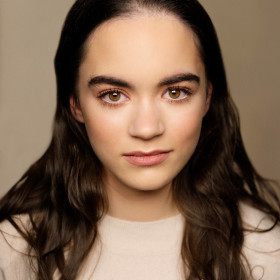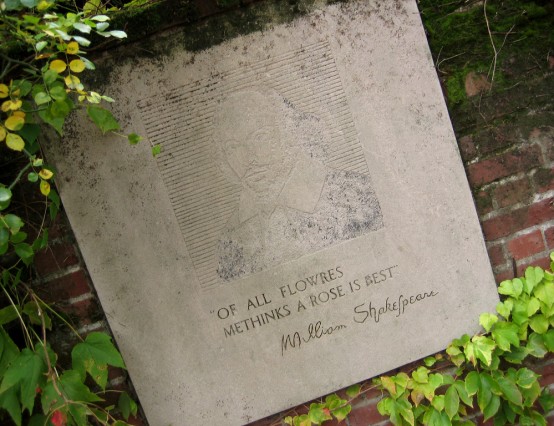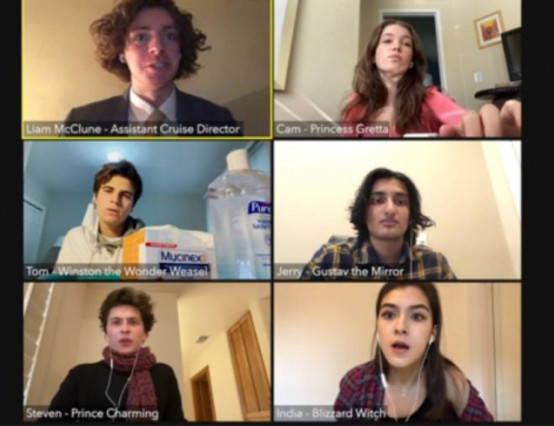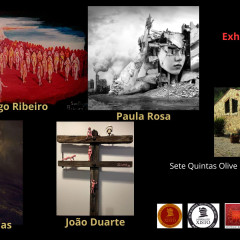If there was an award for the most amount of plates one could spin, without, of course, being a professional Cirque Du Soileil performer… I'd hate to say it but I would definitely come second best. So, I thought I'd explore how you can finish that thing you probably don't want to, or maybe you still want to or have to. After all, the buzz of a new idea is intoxicating, like falling in love. But, it can turn into harder work than expected.
1. Work out what you can do
This may sound silly or oddly philosophical, but you really cannot do everything (sorry for breaking it to you). With whatever you are thinking of doing, the best thing to do is write down all of the key tasks that will need to be completed from point A to point B. If you are organising an arts exhibition to share what you have created for your Arts Award pour exemplar, your steps might follow this pattern: 1. Decide on a theme for the exhibition, 2. Contact artists to see if they have work relating to this theme, 3. Organise a meeting to see what they can share, 4. Contact venues for price estimates or calendar availability etc.
Simply writing everything out can help you to work out what you can physically do and what you may need help with. Use highlighters to colour which ones you can do (e.g. maybe find a venue, research into artists, create posters for the event) and then make a note of what you perhaps can't do (e.g. fund the venue - you could talk to your school about this, create the art yourself or transport the art to the venue). 'Never give yourself a reason not to do something', was a main takeaway from a TED Talk I attended recently [click here for more inspirational tips from the event], so embody that into your task. You may not be able to transport the art, but you may be able to ask someone who can. And if you're in doubt of what's involved, google is your best friend.
2. Ask questions
Sometimes we don't want to face something we've started because we're a bit stuck. Therefore we want to avoid it as much as possible, frankly because we don't know what to do with it and hope that it will get better by itself. That's how we abandon things that we didn't initially want to. So the best way to progress is by asking questions. This can be asking a teacher, Arts Award Adviser, an amazing activist like myself (Email [email protected] and we will talk to you brilliant people!) or someone who has done something similar (like myself, we're really nice I swear). You can start with, 'I'm doing this… how would you go about doing it?', 'I've gotten to this stage and wanted some advice about where to go with it' or anything to that effect. Let me tell you a little life tip, people love talking about themselves. Imagine if you were Tim Burton and someone wrote you a letter to say, 'I've admired your films so much, so so much that I want to ask for your help with my own'. You've got to admit, you would feel happy and warm inside. Chances are, Tim Burton was also in your situation at some point and may empathise.
3. Schedule what you can do
After establishing what you can do, via step one, now break it down into manageable chunks. So, with the arts exhibition example, you might say 'by the end of January I want to have the venue booked, so I will have started contacting venues about prices and availability by the 5th December'. These, shall we say 'themed' chunks, will then be broken down into smaller, doable tasks for you to integrate into your schedule each day or week.
The main 'themed' chunks are: resources/venue, people, guests/audiences and product. Resources and venue are anything which physically helps to facilitate the project. These could be a physical venue (e.g. school hall or perhaps a quiet room to facilitate a task, like an art studio) and random resources like a camera, refreshments, canvas, microphone, costumes, pretty lighting, speakers or maybe cake decorating icing pens. Your smaller chunk will then be 'where will I get this?', 'how will I get this?', 'do I have the money for this?' or 'can I borrow this?' People can be anyone else who facilitates the project like an artist, teacher, performer, lighting designer, sound operator or a front of house usher. Product can be anything. So if you are producing your first show, the product will be the final performance, but the smaller chunk would be working out what you need to get to that stage, e.g. a dress rehearsal or weekly rehearsals.
Make a regular time slot available for this task. For example, I get up extra early so I can get to my computer for 5:30am to consistently work on a set project on Thursdays and Fridays. For you, it could be a Friday lunchtime or a couple of hours after school in a library on a Thursday.
4. Track your progress
Sometimes we need to 'see' where we are, in order to see that we are working towards the final goal. This could be via the plan above, as when you physically 'tick off' your tasks, you can see yourself getting closer to the end. Keeping a colour coded spreadsheet could help this, as you can regularly see what you are doing to get closer.
5. If you're losing motivation – keep the final goal in sight
Sometimes a little bit of motivation can go a long way. You need to keep remembering why you are doing what you are doing and what you want to achieve. Otherwise, you could feel like you are doing this for no reason whatsoever, then of course you won't want to finish it! Remember when you fell in love with that idea at the start? You've got to maintain that energy. This could be by surrounding yourself with your vision board or pictures of others who have achieved what you would like to. I do this quite a lot with my acting by going to see a really good show, then I sit and think to myself 'I want to be like that', then the motivation regenerates. Go and see who inspires you and trust me, the inspiration will rub off on you.
Last but not least, I am finishing this post off (see what I did there?) by wishing you the best of luck with your endeavours. Feel free to get in touch and let us know how you get on or what you hope to get on with, we are happy to help.











I need to have this article by my side considering every time I go to make/write something I have a small existential crisis